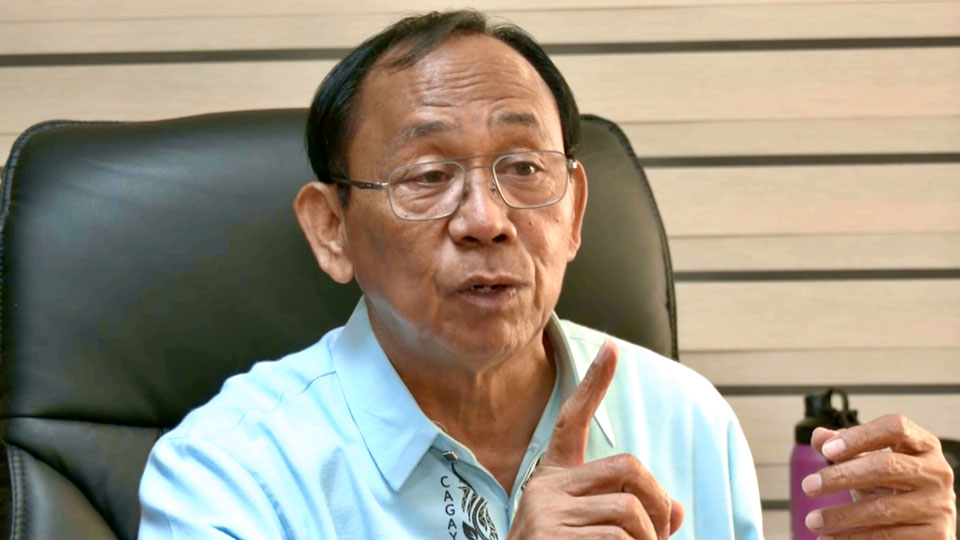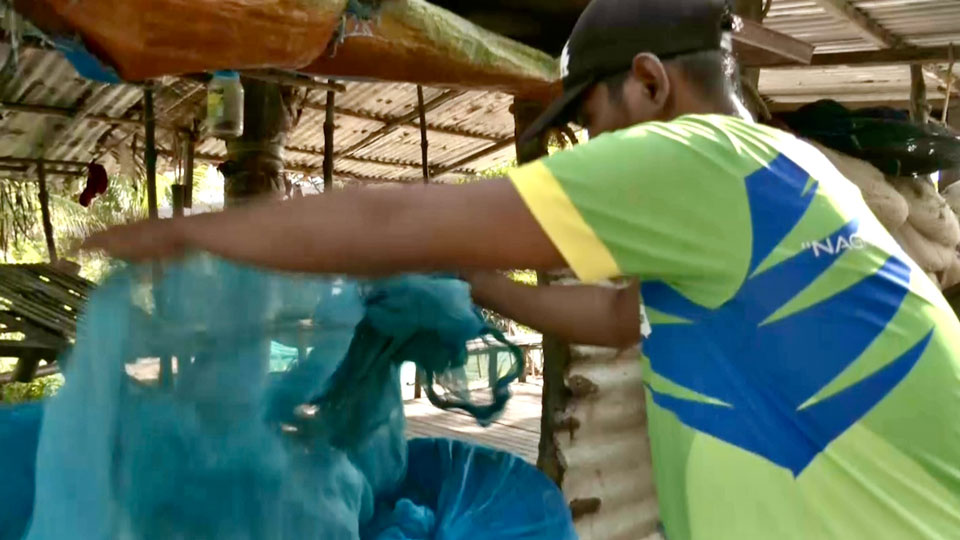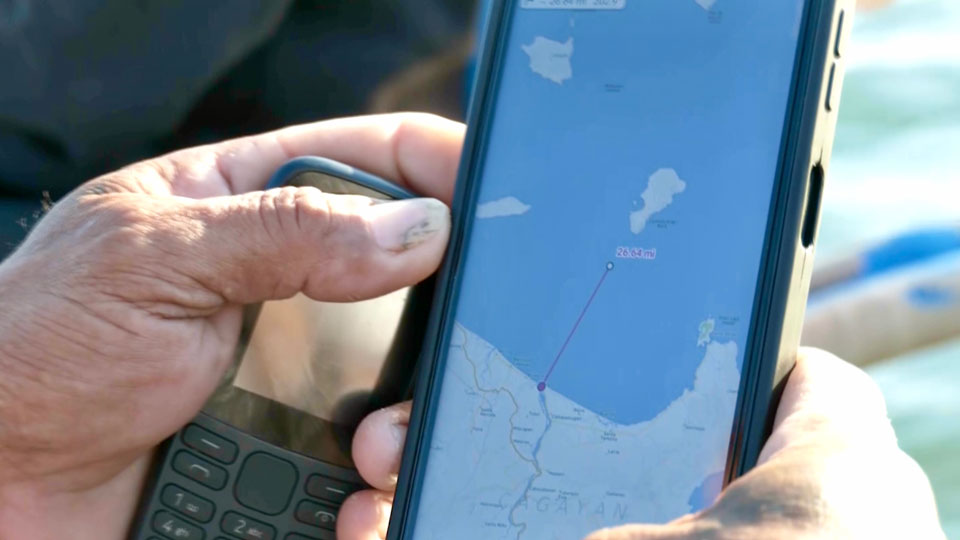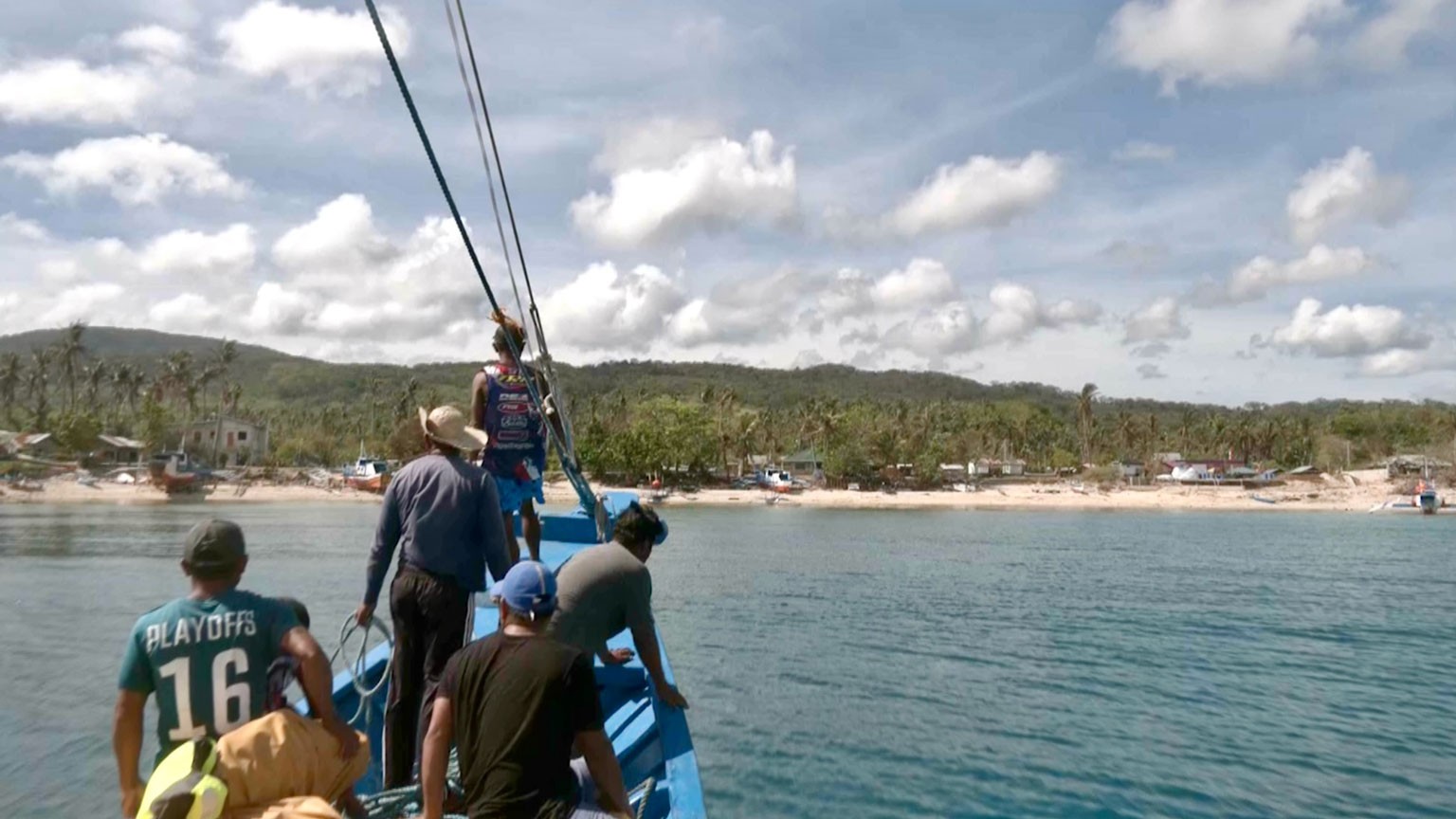Angelina Orel lives in Calayan, a group of Philippine islands just 300 kilometers from Taiwan. When she saw several aircraft hovering near the shore this April, she initially feared a war had begun.
The 71-year-old later learned they were taking part in joint US-Philippine military drills, but that did little to ease her anxiety. Other residents also worry that the US presence may disturb their peaceful way of life.
Calayan is a municipality of Cagayan, which hosts two military bases that were recently incorporated into a security pact between Manila and Washington called the Enhanced Defense Cooperation Agreement, or EDCA. The bases can now be used to accommodate visiting US troops during exercises and operations.

Port in flux
The Philippine government agreed to include the two bases in the EDCA despite opposition from Cagayan Province Governor Manuel Mamba. The 65-year-old is known for striving to bring Cagayan closer to China.
Earlier this year, he visited Zhejiang Province in the hope of forming stronger economic and cultural ties. And in August, he invited a high-ranking Chinese diplomat from Manila to his birthday celebration in his hometown.

Part of Mamba's vision for closer ties with China involves reopening Aparri Port in northern Cagayan. He says he wants the province to establish trade relationships with countries in Northeast Asia.
"I don't like war or quarrels between Asians," he says. "I say Asia for Asians, I say no to war and foreign forces anywhere in Asia."

The Aparri River is currently being dredged to prepare for a possible reopening of the port. But this has faced opposition from residents, especially fishers who say the work has led to low catches and soil erosion.
"The fish are being disturbed," says 38-year-old Rashep Valencia. "The dredging companies are a great plague and they are harming our livelihood."
Some residents believe the port's restoration is a decoy for something else: mining black sand.
The province has been selling dredged materials to China, and some people believe Beijing has used the sand to build artificial islands in the South China Sea, including some that fall within the exclusive economic zone of the Philippines.

Mamba is adamant that turning the river into a navigable waterway is the fundamental objective. But he also doesn't oppose the opportunity to make some money by selling sand to China.
"I don't see any disadvantage in doing that. We will be restoring our river. We will get income. And we will be getting back our port and our connection to the world."
Mamba also denies that the sand was used to build islands, citing a contract with Filipino exporters.
"A provision says the sand can never be used for building new islands in the Pacific, especially in areas where we have disputes with our neighbors," he says.
Benefits and risks
Mamba is now serving his third consecutive term as governor. During his tenure, Cagayan has transformed into a popular destination for Chinese travelers and businesses.

Most Chinese tourism and business activities in Cagayan are related to the casino industry. But Katrina Ponce Enrile, the secretary of the Cagayan Economic Zone Authority, has plans to open up the province to other sorts of business. And she is eager to welcome investment from other countries, as well.
Her administration recently cancelled plans with a Chinese corporation to develop a private island into a so-called "Smart City."
"We want to stay as neutral as possible, and I don't think having certain investors come in and control an island is in the best interests of our country," Enrile says.

US gets locals on side
In April, the US government announced it would fund a fishing cooperative in Aparri. Officials soon provided training and equipment such as radios and smartphones to about 20 fishers.
But the donation wasn't exactly unconditional. The recipients were told to report any sightings of foreign vessels in the area to the NGO — an instruction many were happy to follow.
"We are thankful for their trust, and we will do our best to help our country protect our ocean," said Eddie Agasa, one of the fishers.
US forces also helped the national government transport relief materials to Cagayan after the area was devastated by a typhoon in July.
US troops inevitable
Though the US and the Philippines have been conducting exercises in Calayan, the town itself does not host a military base. But that may soon change. In June, the local government donated a 25-hectare piece of land for use by the Philippine Marine Corps.
The presence of US troops on the island seems inevitable. Some residents welcome it.
"We won't be afraid if there are many US soldiers here," says a 31-year-old woman. "It's better because they can protect us."
But others, like Orel, are wary of the rivalry between Washington and Beijing.
"We are afraid that we will be dragged into it, because the Philippines is near Taiwan."

